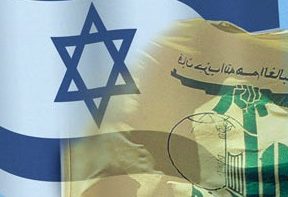BEIRUT, Nov 2 (Reuters) – Lebanon’s Hezbollah said on Thursday it mounted multiple strikes on Israeli army positions including its first using explosive drones, and Israel launched air strikes on southern Lebanon in a sharp escalation of violence.
The Israeli army said it responded to launches from Lebanon toward Israel with air strikes on Hezbollah targets, along with tank and artillery fire.
The Iran-backed Hezbollah has been exchanging fire with Israeli forces across the Israeli-Lebanese border since the Palestinian militant group Hamas and Israel went to war on Oct. 7, in the deadliest escalation at the frontier since a 2006 war.
Lebanon’s National News Agency on Thursday said four people were killed near the southern village of Hula during Israeli shelling.
Hezbollah leader Sayyed Hassan Nasrallah is due on Friday to deliver his first speech since the war began.
The Heavily armed Shi’ite Islamist group said in a statement its fighters launched 19 simultaneous strikes on Israeli army positions in Israel using guided missiles, artillery and other weapons.
Hezbollah said two drones packed with explosives struck an Israeli army command position in the disputed Shebaa Farms area at the border.
Israeli shelling struck the outskirts of Khiyam town some 6 km (3.75 miles) from the border, slightly injuring one civilian, the town’s mayor, Ali Rashed, told Reuters. “His house caught fire and people are putting it out,” he said by phone.
“The intensity of the shelling was higher than previous days. The shelling and the counter shelling were more than any previous level and included the whole area,” he said.
Lebanon’s National News Agency reported Israeli shells hit various areas of the south along the border.
Hezbollah’s attack using explosive drones came a few days after the group said for the first time it had used a surface-to-air missile against an Israeli drone.
Israel has held the Shebaa Farms, a 15-square-mile (39-square-km) area of land, since the 1967 Middle East war. Both Syria and Lebanon claim the Shebaa Farms are Lebanese.
REUTERS


Leave a Reply
You must be logged in to post a comment.